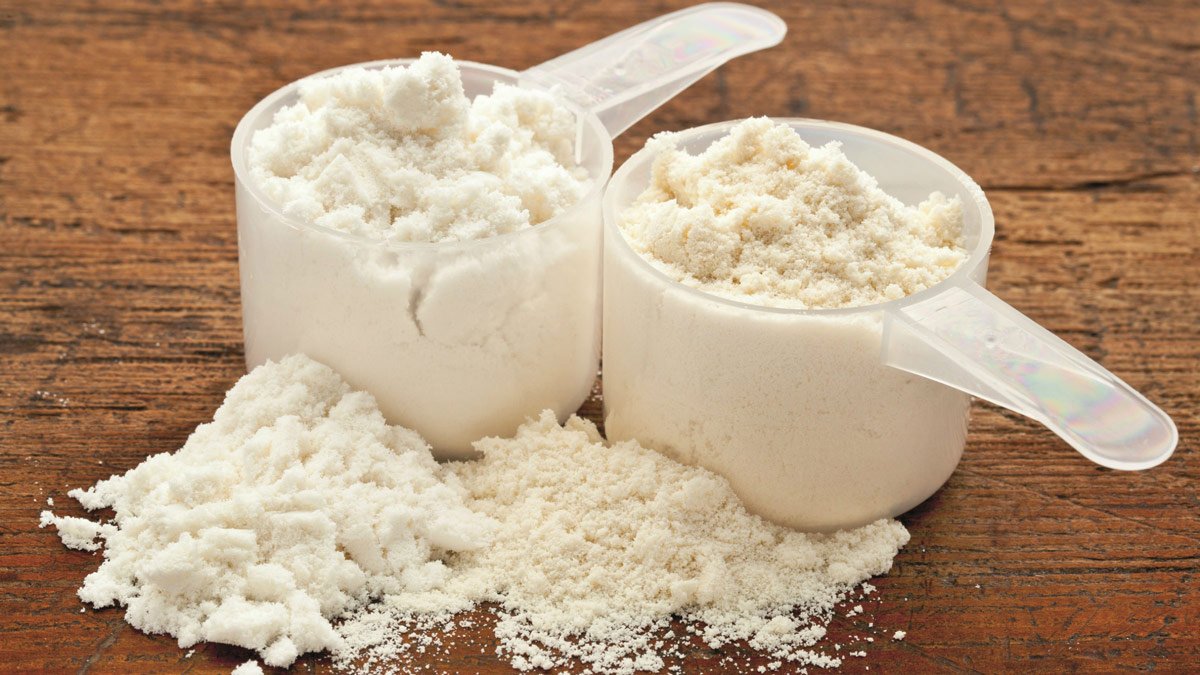Casein is a milk protein, which generally does not cause problems in its consumption, except in people who cannot digest it properly. Know why.

Although milk is an extremely healthy drink that is recommended in a balanced diet, especially for its different qualities and nutritional properties, it is still a drink that can cause problems and discomfort to their health in intolerant or allergic people.
This is the case, for example, of what is known as lactose intolerance, which is milk sugar and that in intolerant people with lactase deficiency causes gases and acids because lactose passes into the large intestine without decomposing, where it begins to ferment.
It is true that it is a common disorder, which in short has become one of the best known, due to the large number of people who are intolerant to milk sugar.
However, there are other little-known problems derived from the consumption of milk, such as what is known as casein.
What is casein?
Casein is the protein component of milk, which ultimately comprises most of the milk proteins, constituting approximately 80%, while the remaining 20% is whey.
The casein is a substance rough texture and quite expected, although it is not harmful to health, it is even used industrially in the manufacture of wood adhesives.
Differences between cow’s milk and breast milk
Breast milk also contains casein, but in less quantity than cow’s milk. In fact, cow’s milk contains more than 250% casein than human milk.
Problems caused by casein in milk
When milk is digested, the different by-products as a consequence of the bacterial decomposition of casein cause the appearance of thick, sticky and quite dense mucus that sticks to the mucous membranes.
This mucus clogs the respiratory system of the body, so that it does not work smoothly, which is related to diseases such as asthma, rhinitis and sinusitis.
And what is this accumulation of mucus due to? This buildup is caused by a lack of digestive mechanisms in the body that are helpful in breaking down casein properly.































